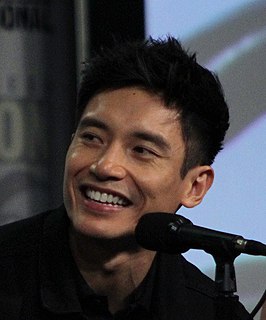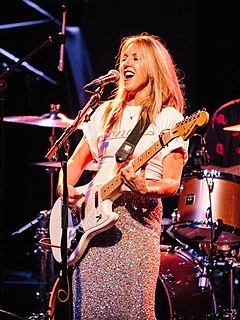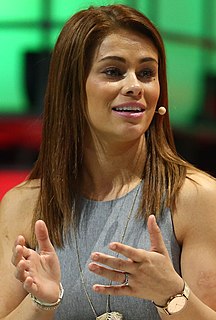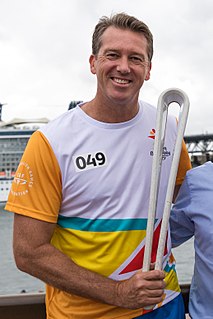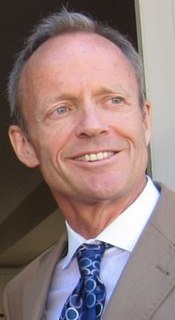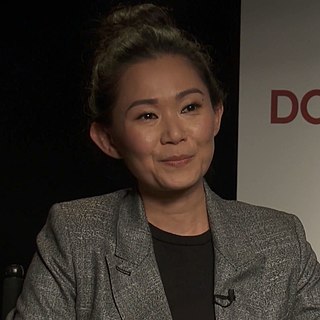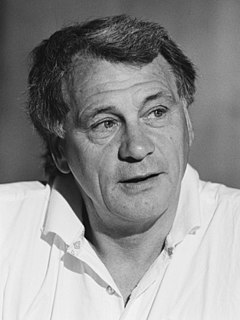A Quote by Manny Jacinto
There were definitely auditions and even bookings and jobs where I played your typical Asian model minority: an IT tech guy or something of that nature. It's tough sometimes, especially when you're starting out, because they make these roles sound as if they won't be a typical nerd.
Related Quotes
As an actor of color, I was overlooked at every possible opportunity. I was given roles that were almost not roles. It was, like, Scared Asian Guy. Whether I was a scared Asian guy in front of a computer or a scared Asian guy getting robbed in the grocery store, I always played these pathetic, low-status characters.
I definitely want to be an inspiration or a role model for all the little girls out there or anyone out there that wants to break stereotypes. I feel like I'm breaking stereotypes with what I'm doing. I'm not the typical fighter, and there's a lot of people out there that won't do something just because they don't fit the stereotype.
My life was typical. I played a little Little League baseball. I never wanted for food. I always had shoes. I had a room. There were no great tragedies. There were the typical ups and downs but I wouldn' t say it was at all sad. We were Jewish and living in the suburbs so there was a slightly neurotic bent to it, but I can't point to anything where a boy overcame a tragedy to become a comedian. As my grandmother used to say, 'I can't complain.
'Tough' meant it was an uncompromising image, something that came from your gut, out of instinct, raw, of the moment, something that couldn't be described in any other way. So it was tough. Tough to like, tough to see, tough to make, tough to understand. The tougher they were the more beautiful they became.
Once I wanted to get into films, I took my time about it because when I first got to Bombay, I gave my photos and CDs to all the production houses. But the roles that came my way were the 'typical white girl dancing in the background' kind of roles, which I was not too interested in, or it was advertisements.
